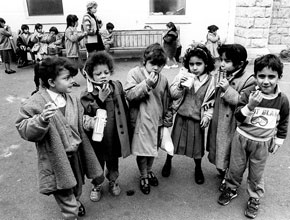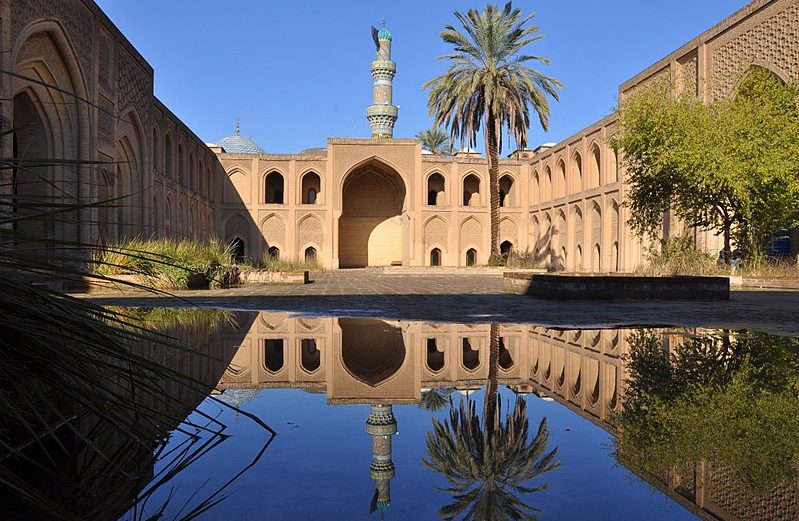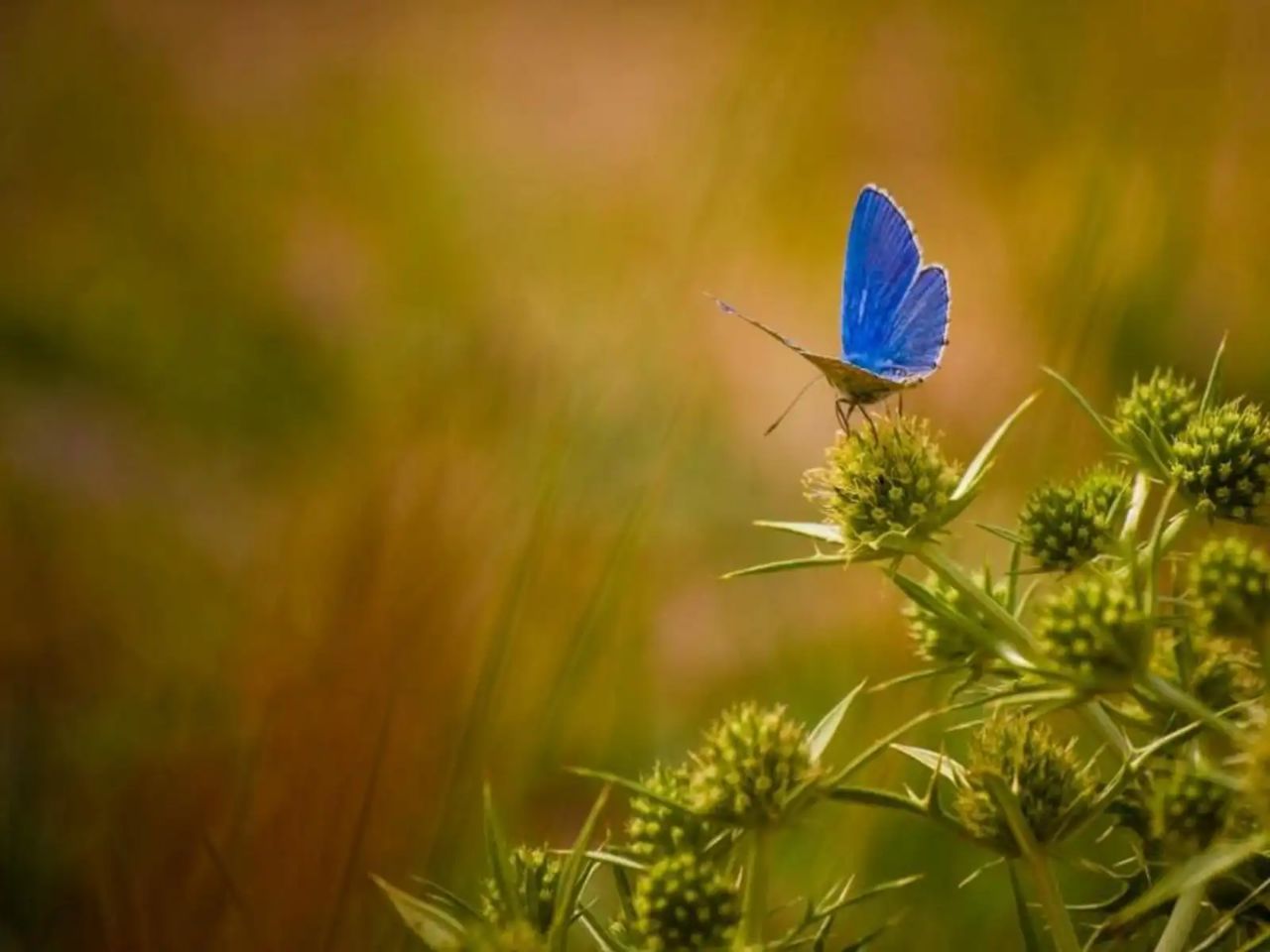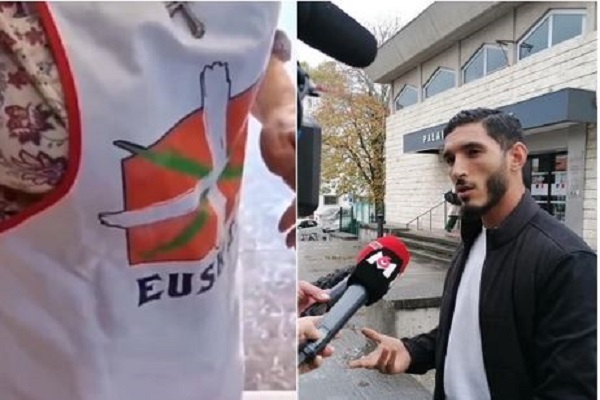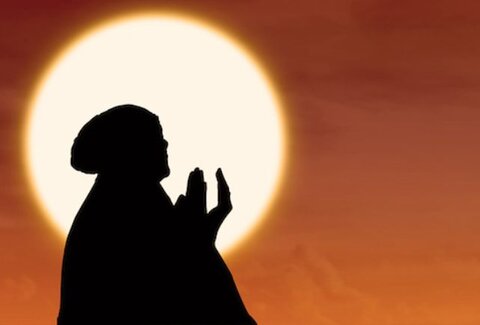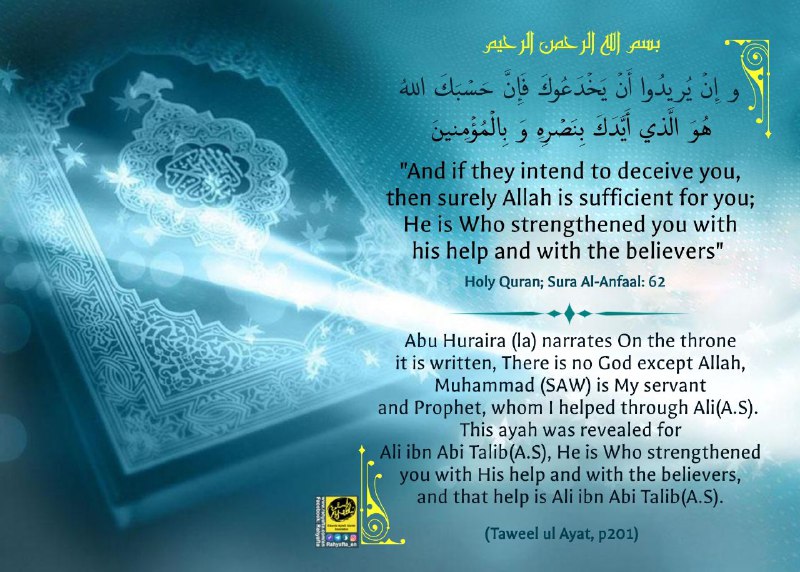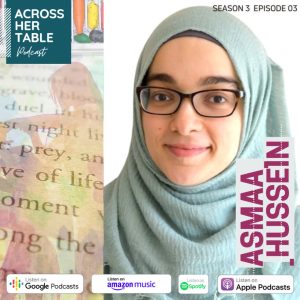According to rahyafte (the missionaries and converts website): by Dr Chris Hewer*: “Nothing is certain in life except death and taxes”; well, the Revenue Commissioners deal with the taxes of residents in Ireland, whether citizens or not, but death is a present reality.
Already in 1976 a Muslim section was established in the Mount Jerome Cemetery in Dublin and in 1990 another in Newcastle, County Dublin. Muslims are buried and not cremated. If at all possible, graves are used for only one burial and the graves are mounded to ensure that respect is shown to the deceased by not walking over them. Bodies are laid in the grave in such a way that the face can be turned towards the Ka’ba in Mecca, which is the direction that Muslims face for their prayers five times each day. To maintain order and efficient use of land in a cemetery, a separate Muslim section is required.
At the other end of life, all families are concerned about passing on the faith and practice of their religion to the next generation. For those who live apart from a Muslim community, this must be done at home or by families sharing their knowledge and expertise. More established communities set up after-school or weekend classes, where Arabic is taught together with Muslim faith and practice; these are often known by the Arabic term madrasa.
Since 1990, first one and now a second Muslim National (primary) School have been set up in Dublin. Like all other such schools, they teach the full Irish national curriculum and the teachers must be able to switch into the Irish language at will. This latter condition means that up to now the teachers in the Muslim schools are not Muslims but come from other sections of Irish society. The schools employ privately part-time teachers of Arabic and Islamic studies, who lead prayers and deal with the specifically Muslim aspects of the curriculum.
In the case of the school at Clonskeagh, these teachers are largely paid for by a grant from a Muslim foundation in the Gulf. The Patron of the schools is the imam of the Islamic Foundation of Ireland, who appoints in the normal way to the Board of Management. Muslims living in other parts of the country and all Muslims at secondary level, send their children to schools of their choice in the local area.
Some favour nondenominational Educate Together schools, where these are available, but many think that the moral teaching and standards that they expect from a Catholic school will help to shape the code of conduct of their children with affinity to the Muslim way of life.
Single-sex secondary schools are especially favoured as Islam does not permit free mixing of the sexes and pre-marital intimacy is forbidden. Education is highly prized for Muslim girls and boys with many doing well in Ireland and going on to university, from where they enter into working life in a variety of professions and contribute to the common good of Irish society.
*The substance of this article was first published in the Journal of the Irish Dominicans, Doctrine and Life, Vol 65, No 9, November 2015, p.10-18
source:shafaqna
